Learn more about what the CASA program is about and what it takes to be a CASA volunteer by reading the answers to some frequently asked questions.
Court Appointed Special Advocates are community members just like you who ensure each neglected and abused child’s needs remain a priority in an over-burdened child welfare system while working to find safe, permanent homes for these most vulnerable children. Our Advocates get to know the children, their caregivers, and the facts of the case. The children already may have been removed from the home and placed in foster care, or they may be at risk of entering foster care. They take part in such processes as child and family visits, court hearings, and meetings about the children’s needs. Advocates express their concerns and explore all of the options for permanent homes.
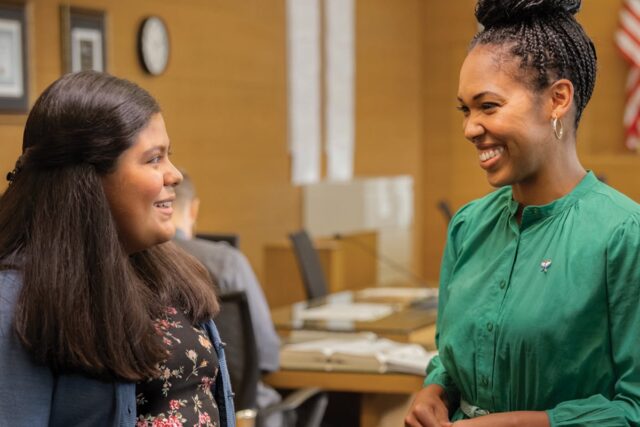 Ordinary people who care about the well-being of kids. CASA Advocates come from all backgrounds. Many work full-time. Some are students, working parents, or retired people. Flexibility, rather than employment status, is the critical factor. Most CASA Advocates work on a single case at a time. No legal expertise is required.
Ordinary people who care about the well-being of kids. CASA Advocates come from all backgrounds. Many work full-time. Some are students, working parents, or retired people. Flexibility, rather than employment status, is the critical factor. Most CASA Advocates work on a single case at a time. No legal expertise is required.
Decisions are made every day which affect the lives of children involved in Family Court cases. CASA Advocates help these decisions to be made more promptly and with greater information and sensitivity to the child’s individual needs. CASA Advocates work for better outcomes, and provide children living out of their home with the knowledge that there is a community around them who cares.
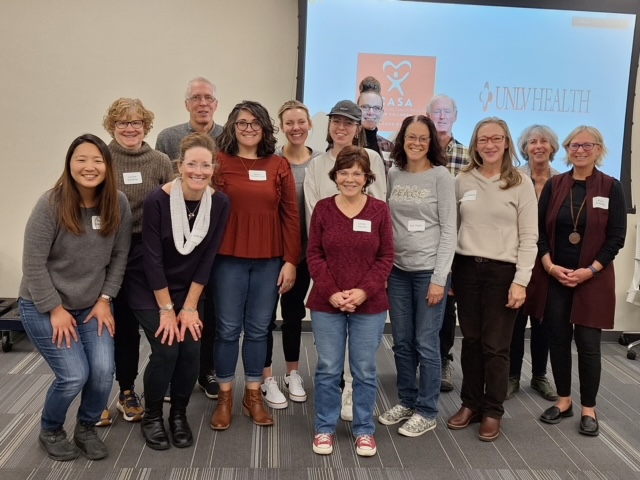 Yes, each local Nevada program has a 33-hour pre-service training program a mix of in-class training, self-study, and court observation prior to case assignment. All volunteers are matched with an Advocate Supervisor who is a member of the CASA staff. Advocate Supervisors provide individual guidance, support, and accompaniment to the Advocate.
Yes, each local Nevada program has a 33-hour pre-service training program a mix of in-class training, self-study, and court observation prior to case assignment. All volunteers are matched with an Advocate Supervisor who is a member of the CASA staff. Advocate Supervisors provide individual guidance, support, and accompaniment to the Advocate.
Definitely. CASA could not serve the children of Nevada without its many dedicated volunteer advocates. Courts all over the country depend on their local CASA to help inform the child welfare process. Judges implement the CASA program in their jurisdictions and appoint CASA to cases. CASA has been endorsed by the American Bar Association, National Council of Juvenile and Family Court Judges, Office of Juvenile Justice and Delinquency, and the Department of Justice.
NRS 432.B 500 legislation provides statutory and legislative recognition of CASA, a volunteer based program that provides substantive advocacy for abused and neglected children in Nevada family courts.
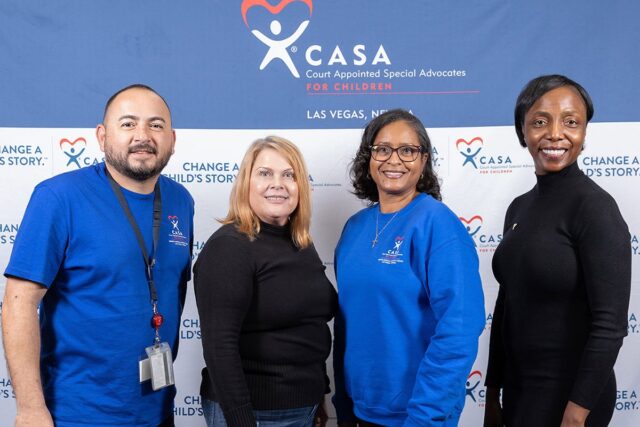 Advocates come from a variety of professional, educational, and ethnic backgrounds. Over half are employed full-time. Advocates must be 21 or older, undergo a background check and a personal interview, complete the training curriculum, and agree to abide by the policies and guidelines of the local CASA program they are volunteering with. Advocates must be patient, open-minded people who have good communication skills, a history of following through on commitments, and a willingness to accept guidance. Above all, they must care about children.
Advocates come from a variety of professional, educational, and ethnic backgrounds. Over half are employed full-time. Advocates must be 21 or older, undergo a background check and a personal interview, complete the training curriculum, and agree to abide by the policies and guidelines of the local CASA program they are volunteering with. Advocates must be patient, open-minded people who have good communication skills, a history of following through on commitments, and a willingness to accept guidance. Above all, they must care about children.
CASA Advocates are assigned by the dependency court judge in the case, but they do not have authority to decide outcomes. Rather, they rely on their communication skills, their informed reports, and the respect of the courts to inform outcomes.
Each advocate, each child, and each case is different. The amount of time devoted to a case depends on the specific needs of the case and the amount of time the advocate has available. Advocates devote an average of ten hours per month to each case. Some of this time can be spent on evenings or weekends, but there are court hearings, phone calls, and meetings during working hours as well. Local program staff we will work with you to find an assignment that suits your availability.
Only trained CASA Advocates are able to work with the children we serve. Children in family court cases are assured a degree of confidentiality, and the friends and family of Advocates are not allowed to meet them or to know their identity. Only advocates who have been fully screened, trained and taken an oath of confidentiality may have contact with CASA children. You can check with the state office and/or local programs to see what other volunteer opportunities there are that do not involve casework available.
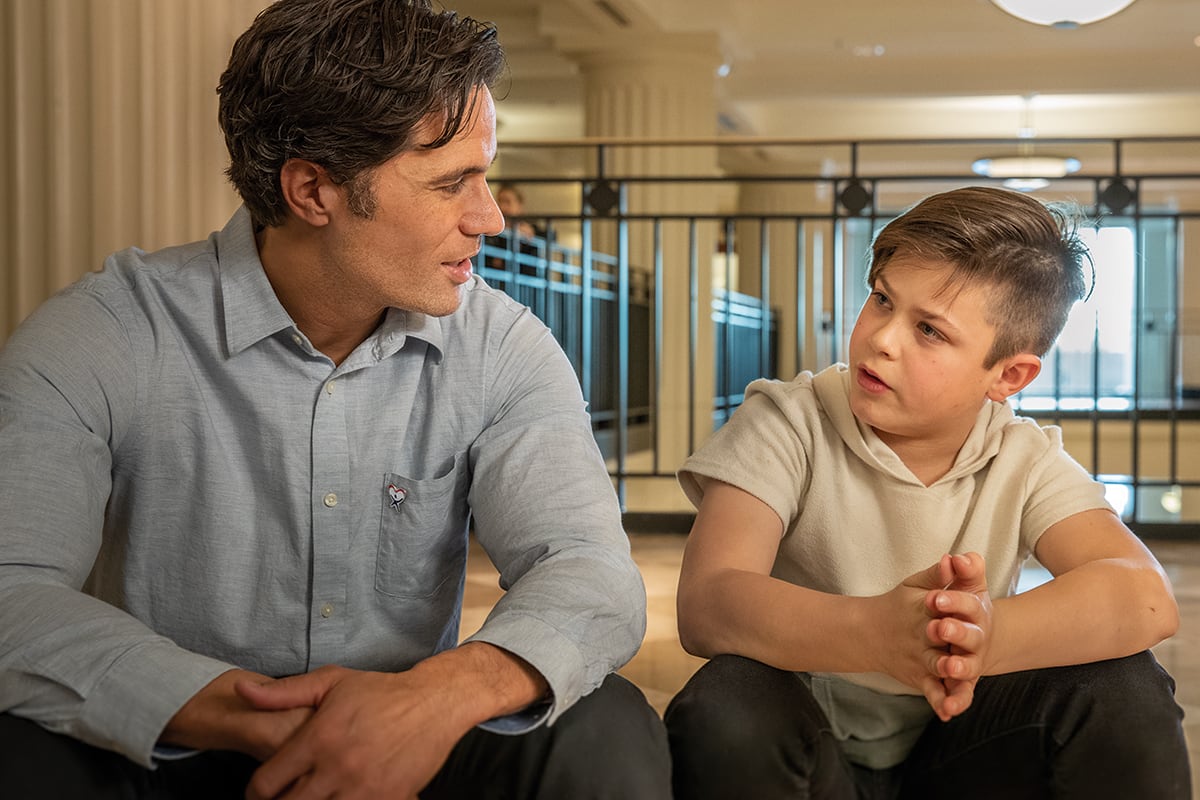 Most of the time CASA Advocates work by themselves. However, the staff supports and will directly assist volunteers upon request. For example, a volunteer may request that a staff person accompany him/her to a meeting or court hearing.
Most of the time CASA Advocates work by themselves. However, the staff supports and will directly assist volunteers upon request. For example, a volunteer may request that a staff person accompany him/her to a meeting or court hearing.
To take the first step towards becoming an Advocate, complete and submit the CASA Advocate Application.
